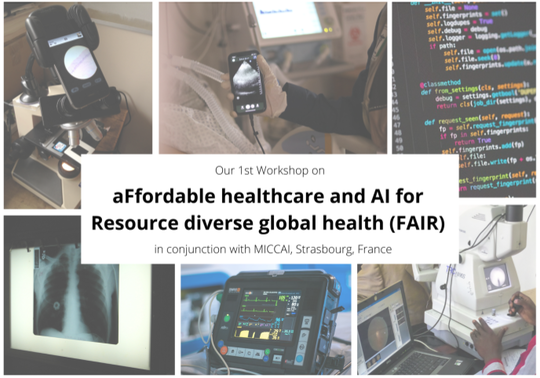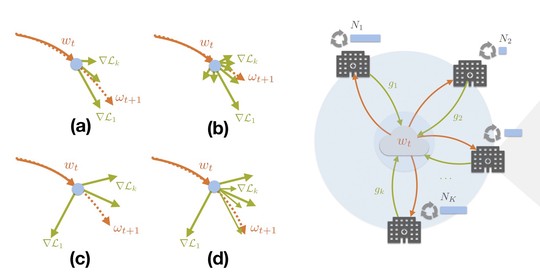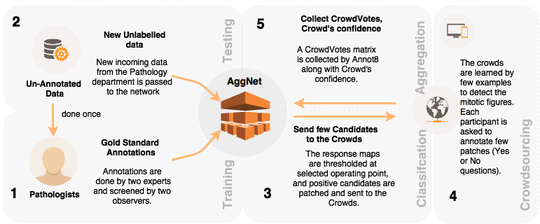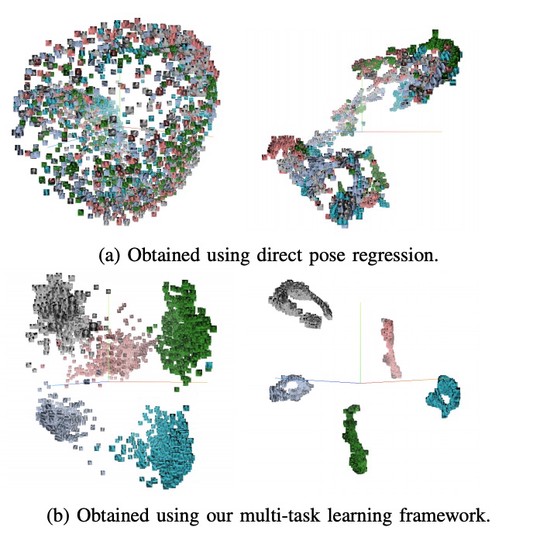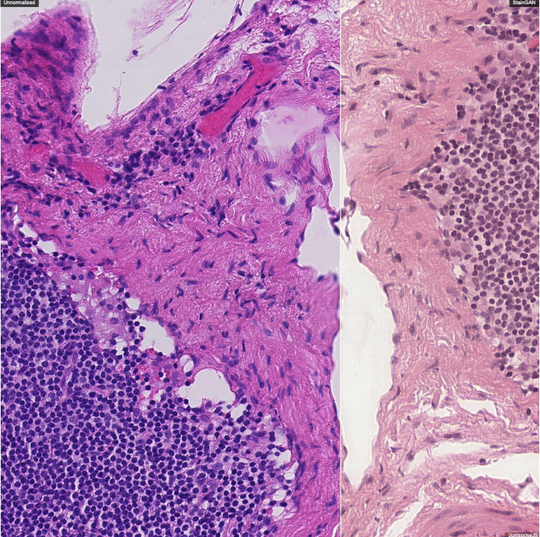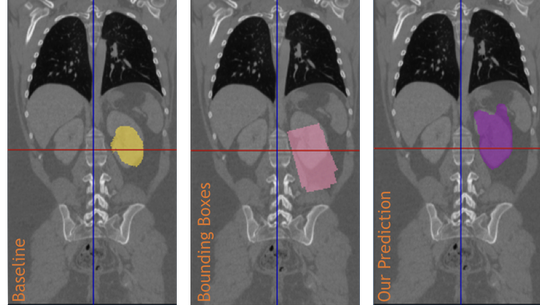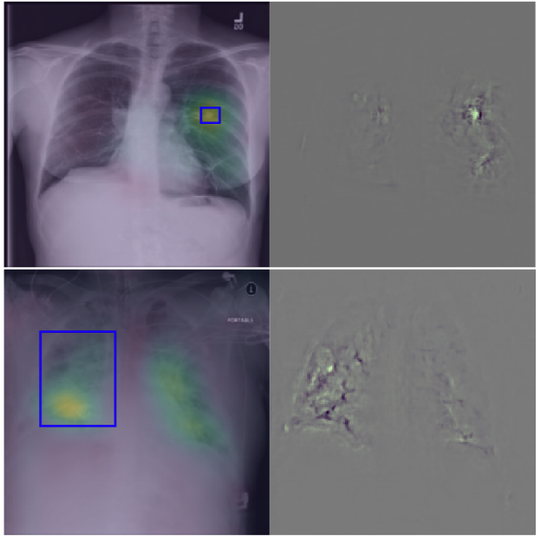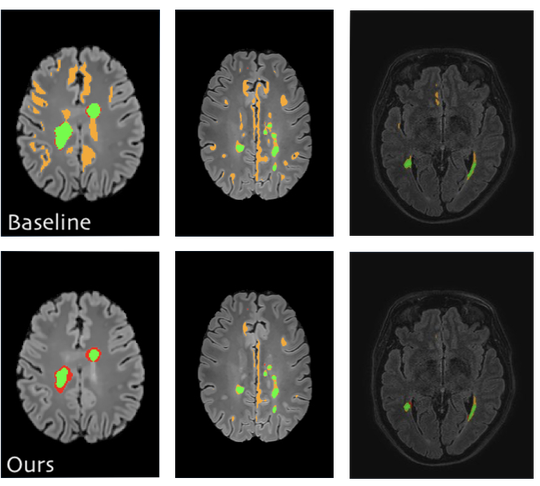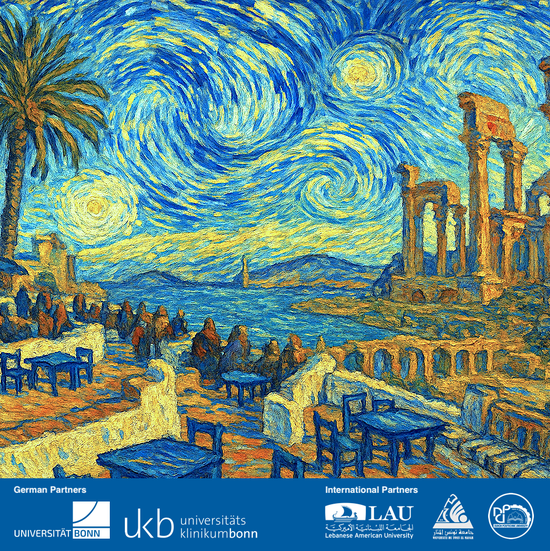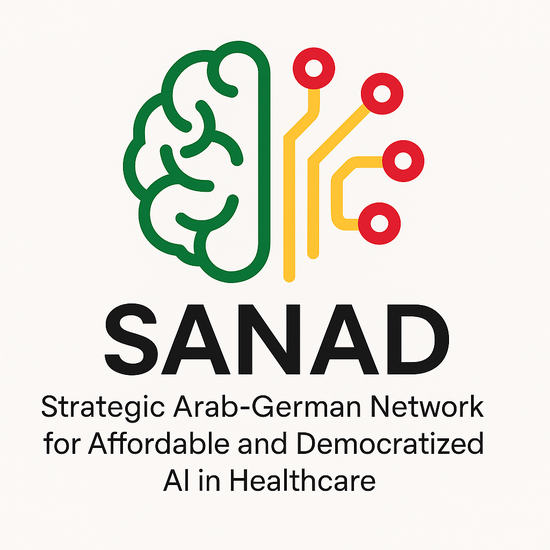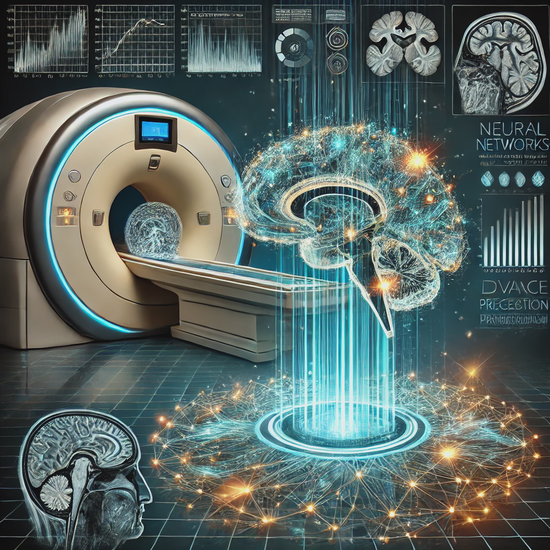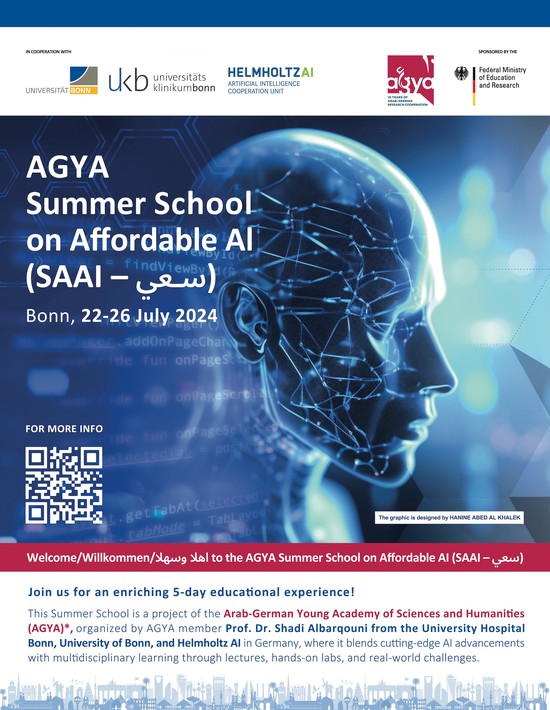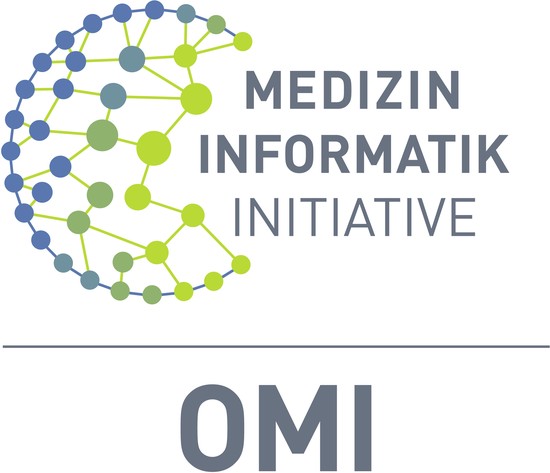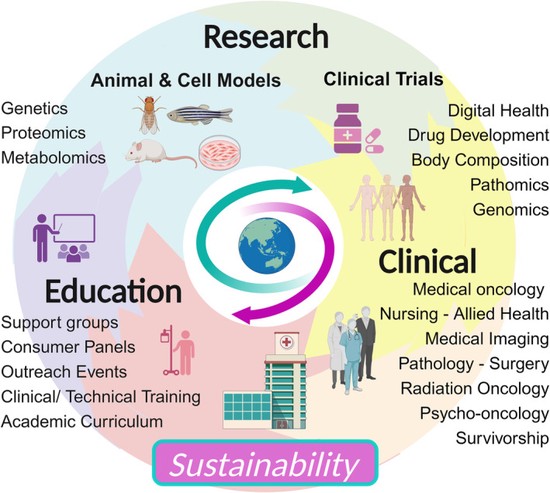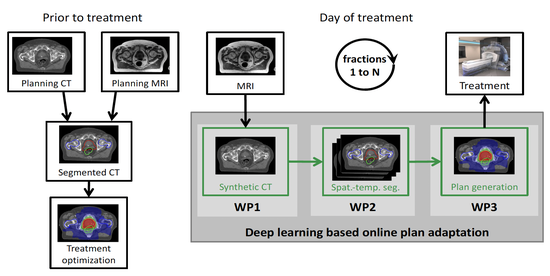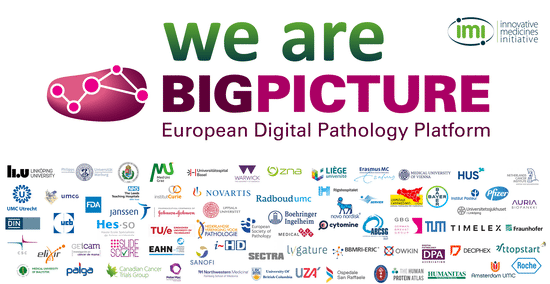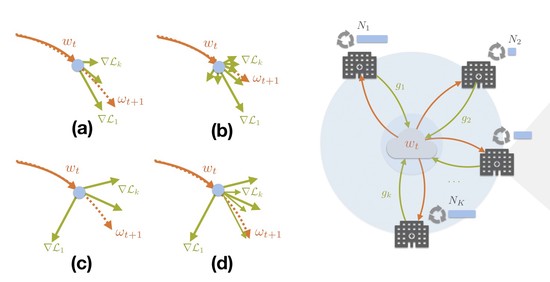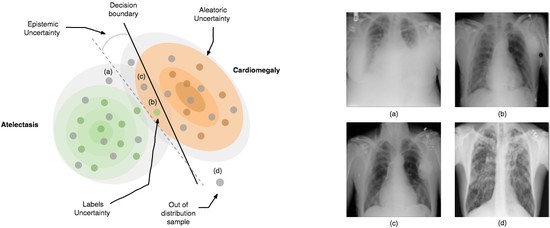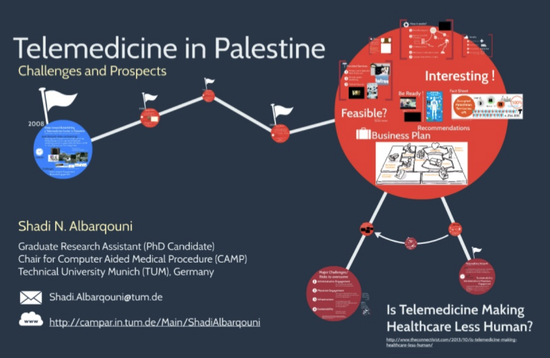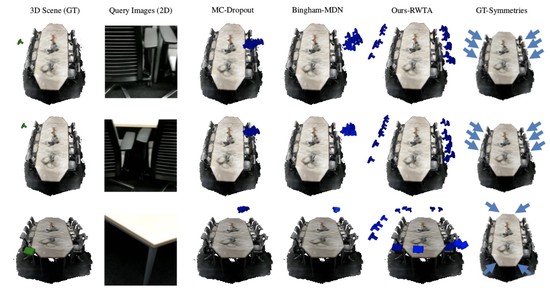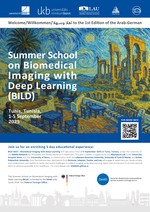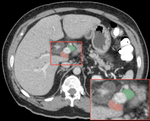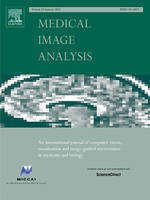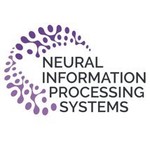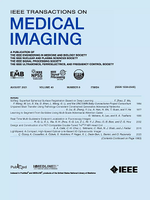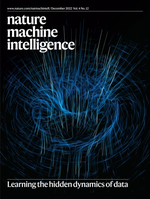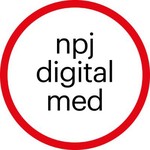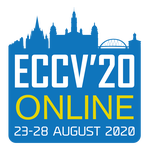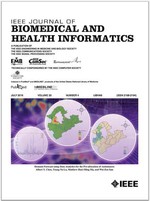Albarqouni Lab, located at the Clinic for Diagnostic and Interventional Radiology, University Hospital Bonn and Helmholtz AI, Helmholtz Munich, aims to develop the next generation of AI in Medicine, specifically computational imaging algorithms with a particular focus on artificial intelligence (AI) and machine learning (ML) models to improve the clinical workflow for patients, radiologists, and healthcare professionals. The lab is affiliated with the Munich School for Data Science (MUDS), the Medical Imaging Center Bonn (MIB), and the European Laboratory for Learning and Intelligent Systems (ELLIS).
The research at the Albarqouni Lab focuses on three main areas: computational medical imaging, federated learning in healthcare, and affordable AI and healthcare.
- In the area of computational medical imaging, the goal is to develop automated solutions that improve efficiency and accuracy in medical imaging, taking into account challenges such as limited annotated data, low inter- and intra-observer agreement, imbalanced class distribution, variability between scanners, and domain shift.
- In the area of federated learning in healthcare, the focus is on developing deep learning algorithms that can share knowledge among AI agents in a robust and privacy-preserving manner, while also addressing issues such as data heterogeneity, explainability, quality control, and robustness to poisoning attacks.
- Finally, the lab is also interested in developing affordable AI solutions suitable for use with low-quality data from low-infrastructure and point-of-care settings.
